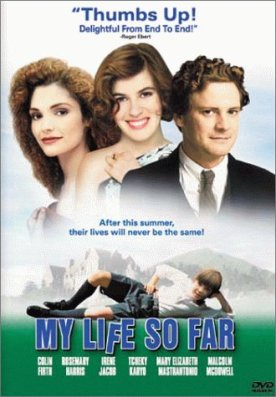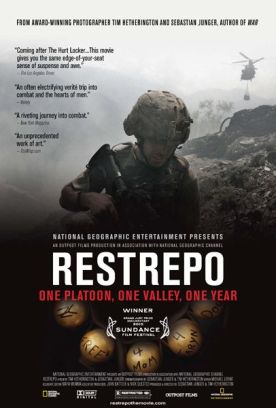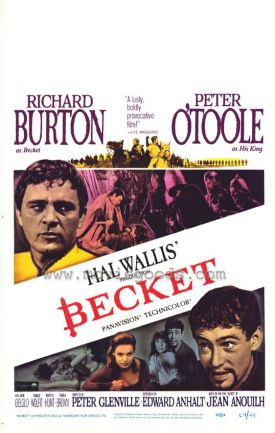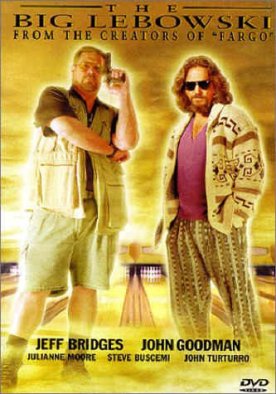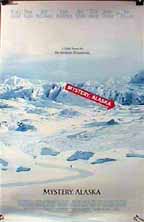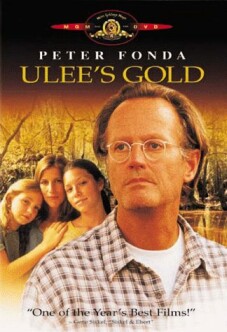My Life So Far
My Life So Far, directed by Hugh Hudson from a memoir called Son of Adam by Sir Denis Forman, former director of the Royal Opera House, Covent Garden, is rather slight but utterly charming. Lit with the soft backglow of memory, it presents the Oedipal conflict between young Fraser Pettigrew (Robert Norman) and his eccentric father, Edward (Colin Firth), as an evocation of its time and place, which is Scotland in the 1930s. The family estate at Kiloran is managed for his mother-in-law, known to the children as Gamma (Rosemary Harris), by Edward, whose inventions and impractical schemes to make money make it obvious from the beginning that the estate is unlikely ever to be a paying proposition. Its principal product is sphagnum moss, which Edward turns into soaps and toiletries of little commercial worth.
Edward’s brother-in-law and Fraser’s uncle, Morris McIntosh (Malcolm McDowell), is a successful businessman from Liverpool who, everyone assumes, will inherit the estate when Gamma dies. He has the practical man’s contempt for what he sees as Edward’s hare-brained schemes and his mother’s indulgence in allowing him to pursue them. Morris represents the forces of industry and economic progress and modernity waiting to take over. We now know, though it was pretty clear even at the time, that even if Morris does not these forces will soon eliminate such backwaters and anachronisms as Kiloran with its sphagnum and sheep and serfs who refuse to recognize their new status, changed only a century or two before, as workers for wages.
One day, Morris arrives at Kiloran with his beautiful and much younger French fiancée, Héloise (Irène Jacob), and both Edward and Fraser promptly fall in love with her. Up until this time Fraser and his dad, whom he calls “an inventor and a genius,” have been very close. They bark at each other and consider “talking in dog” to be their private language. Their new rivalry inspired by Héloise coincides with Fraser’s arrival at puberty and a more than usually keen and unintentionally hilarious interest in finding out about sex, with the help of pictures and accounts of “lubricious ecstasies” he finds in his late grandfather’s extensive library. At the same time the two are more than ever united in their hatred of Morris.
Besides being beautiful and sweet, Héloise is a cello player whose version of Le Cygne by Saint-Saens proves almost as charming as she is. Not surprisingly, she comes to stand in the impressionable boy’s imagination for the seductive power of music as well, when she introduces him to jazz, as a further avenue of rebellion against his father who can’t abide it. “Beethoven is the voice of God talking in his sleep,” says Dad. “Jazz is the voice of the devil, reminding us of our folly.” Later, when Fraser asks him “What’s wrong with jazz?” the old man replies: “Lack of moral fibre. It’s sneaky and underhand and just plain foreign” But his own moral fibre is being undermined by his adulterous passion for Héloise, who deftly fends him off by pointing out that “You can’t do a bad thing and be a good man.”
If the film has a fault it is that Edward’s wife and Fraser’s mother, Moira (Mary Elizabeth Mastrantonio) is not a fully-realized character. She, like everyone else, is captivated by the beautiful Héloise and, in keeping with the musical symbolism, plays a duet with her in which the younger woman is clearly the star. All she can do when she sees her husband falling for her is suffer dumbly until an outburst of anger and frustration inspired by a fist-fight between Morris and Edward finally succeeds in bringing the latter to his senses. From what hidden depths these passions well up we cannot see, and their effect on Edward, a fundamentally decent man, is too sudden.
But although we come away from the picture wishing for a better understanding of the relationship between husband and wife, that between father and son is fully and memorably presented. And the portrait of a vanishing way of life in a beautiful country has all of what must be the poignancy of Sir Denis’s memories.
Discover more from James Bowman
Subscribe to get the latest posts to your email.

